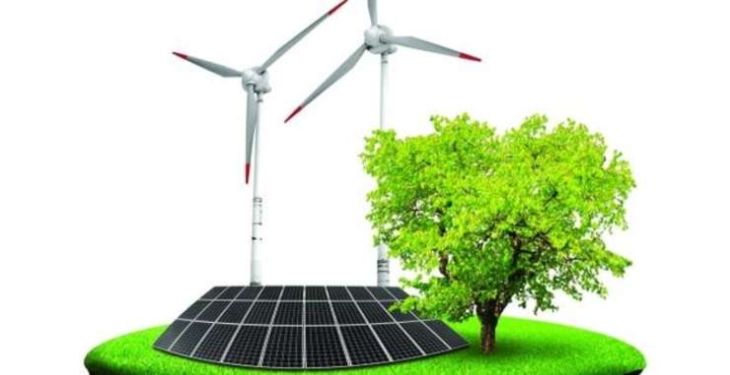Association of investors in renewables RWEA – Romanian Association for Wind Energy, PATRES – Employers’ Organization of Renewable Energy Producers from Romania and RPIA – Photovoltaic Industry Association from Romania – warn that the changes made to GEO 153 put at risk investments of billions of lei and missing the targets of decarbonization assumed at European level.
The three associations, representing producers, developers and providers of services and equipment in the renewable energy sector with a total installed power of about 5 GW and investments of over 8 billion euros, make, once again, a force majeure appeal to the President of Romania, Parliament and Government to ensure a legislative framework to support investments in energy from renewable sources.
“We note with great concern that, in the joint report of June 20 of the Economic, Industries and Services Commission and the Energy, Energy Infrastructure and Mineral Resources Commission on the Law approving GEO 153/2022 as a result of the request for re-examination made by the President, a series of amendments were adopted that contradict the fundamentals of the energy market and the recommendations of the recently adopted European regulations.
RWEA, PATRES and RPIA stress the decision to return to the original form of the law. Failure to do so will put existing and future investments in renewable energy at major risk. Last year, the three associations signaled that there is a risk of reaching an unprecedented situation in Romania in which the energy production capacities from renewable sources in operation will be irreparably affected”, they say.
In the case of renewable energy producers, if revenues are overtaxed without taking account of expenses, the producers will automatically be at a loss.
“We previously drew attention to the fact that any overtaxation formula must take into account the volatile nature of production from renewable sources, which, by definition, cannot produce the same amount constantly. The surtax formulas must be applied to the net income achieved after deducting the expenses necessary for the purchase of energy for profiling and the expenses for registered imbalances. Otherwise, we are talking about overtaxing the loss.
“For a correct and complete understanding of the entire context, I presented to the authorities the particularities of the renewable energy industry that have an impact on the Contributions to the Energy Transition Fund owed by the electricity producers who generate additional income, as well as due for the income obtained from the financial contracts of risk insurance.
The negative impact on companies in our industry is caused by the formula for calculating the Manufacturer’s Contribution. In accordance with the provisions of the expense chapter, the costs of the purchase of energy required to honor sales-purchase contracts with physical delivery when the energy source is not available (when there is no wind / when the degree of sunshine is reduced) are not recognized. The negative impact is also caused by imbalance expenses, which are recognized only in proportion to 5% of the value of electricity sold, while the industry standard shows imbalances recorded by wind power plants of approx. 40%, respectively 25% in the case of solar plants”, the associations also said.
“Therefore, it is imperative to take into account, when calculating the contribution owed by electricity producers, the expenses for the purchase of electricity to ensure deliveries in accordance with contractual obligations, as well as the expenses with percentage imbalances according to industry standards,” they also specified.
“Regarding the mechanism for owing and paying the Contribution for the revenues from the Hedging Contracts, we propose to change the withholding mechanism by introducing the obligation of self-declaration/self-imposition by the hedgers, considering that the withholding mechanism proposed by the Draft law creates a major impact for producers of energy from renewable sources, in fact reaching an overtaxation form.
“If the renewable energy producer sells in advance because he does not know the actual production with reasonable accuracy, then he will be forced to buy back some of the energy to cover a firm contract. If he does not buy back this energy, he will remain with volumes in the balancing market, an extremely penalizing market that also generates pressure on the system as a whole,” the joint statement of the three associations also reveals.

